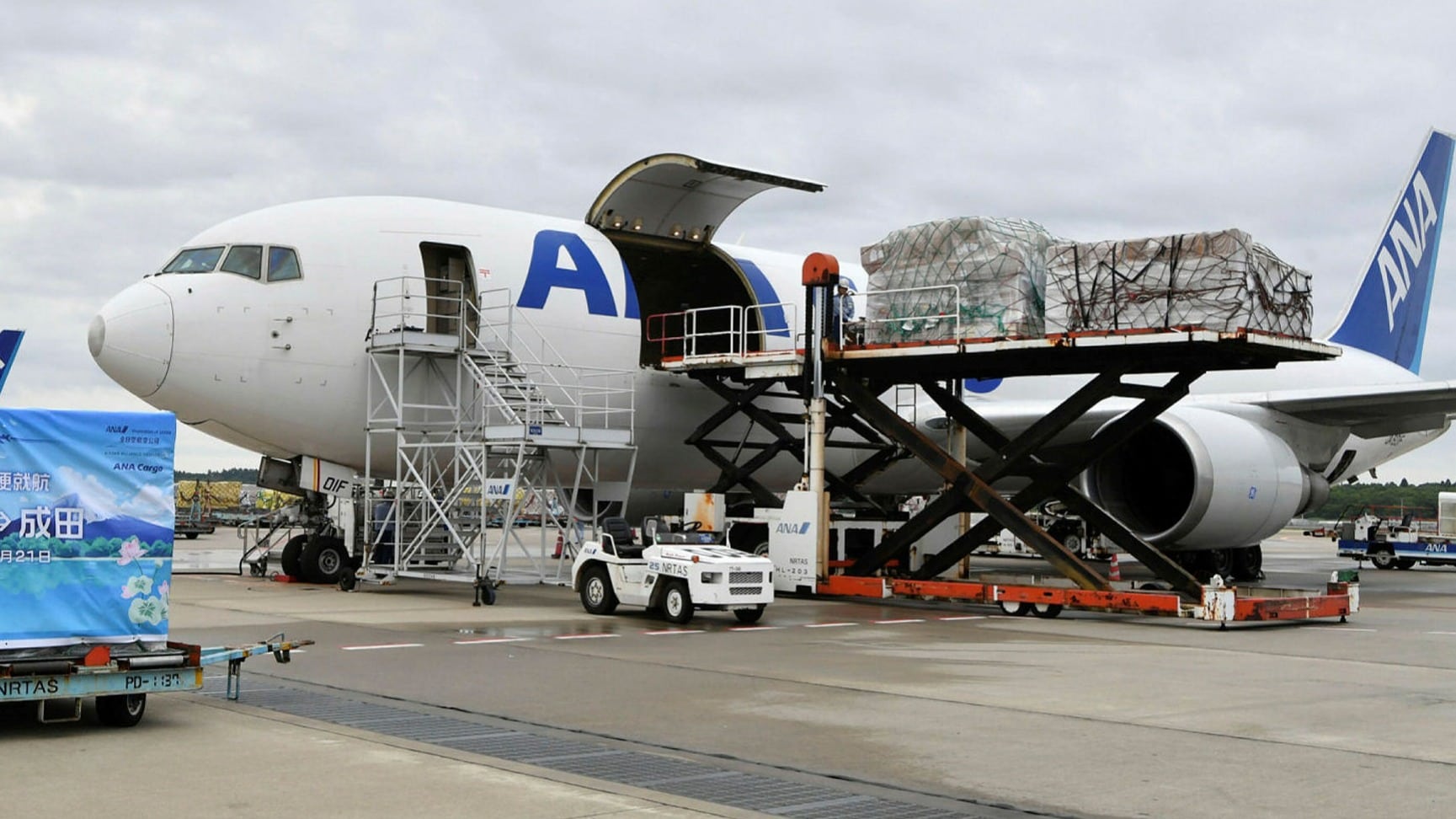
The UK government is set to unveil a plan, a national strategy in order to deliver growth and meet future challenges in the UK’s regional air cargo sector. Regional City and Airports reported solid freight volumes during the pandemic at airports in Norwich, Bournemouth and Exeter.
The governments new plan published in July this year tackles the future challenges expected in the freight sector. The plan considers the industry as a whole and ensures it remains cost efficient, resilient and valued by the freight community.
Steve Gill the Managing Director at Bournemouth Airport commented on the UK governments plan saying; “This plan also recognises the important role regional airports can play in providing vital freight movements for the regions and nations of the UK.”
He went on to say he welcomes the plan due to the focus from the government on raising the status and embedding a multimodal approach to freight. It is a great sign to acknowledge a transition to net zero as a priority which regional airports are very heavily invested in. The plan acknowledges the challenge for the industry and how the government plans to deliver on its ambitions.
Mr Gill also commented on the future of Doncaster Sheffield Airport where a strategic review over the viability of aviation operations is currently underway. UK Prime Minister Liz Truss has been asked to investigate the issue and was quoted by local media saying she will protect the future of the airport.
The UK Department of Transport has identified in its plan the value that regional airports bring to the four nations of the UK for freight movements; from Birmingham Airport to Belfast International which hosts the important nightly Royal Mail operations. In Scotland, the air freight network is used extensively for time-sensitive critical goods such as supplies to the islands.
Demand for e-commerce shows no sign of deflating and regional airports are hungry for a greater slice of the pie. Figures from RCA show that more than 80% of the UK air freight is handled by just three airports. Mr Gill believes there is huge scope for more commercial and operational flexibility across the sector.